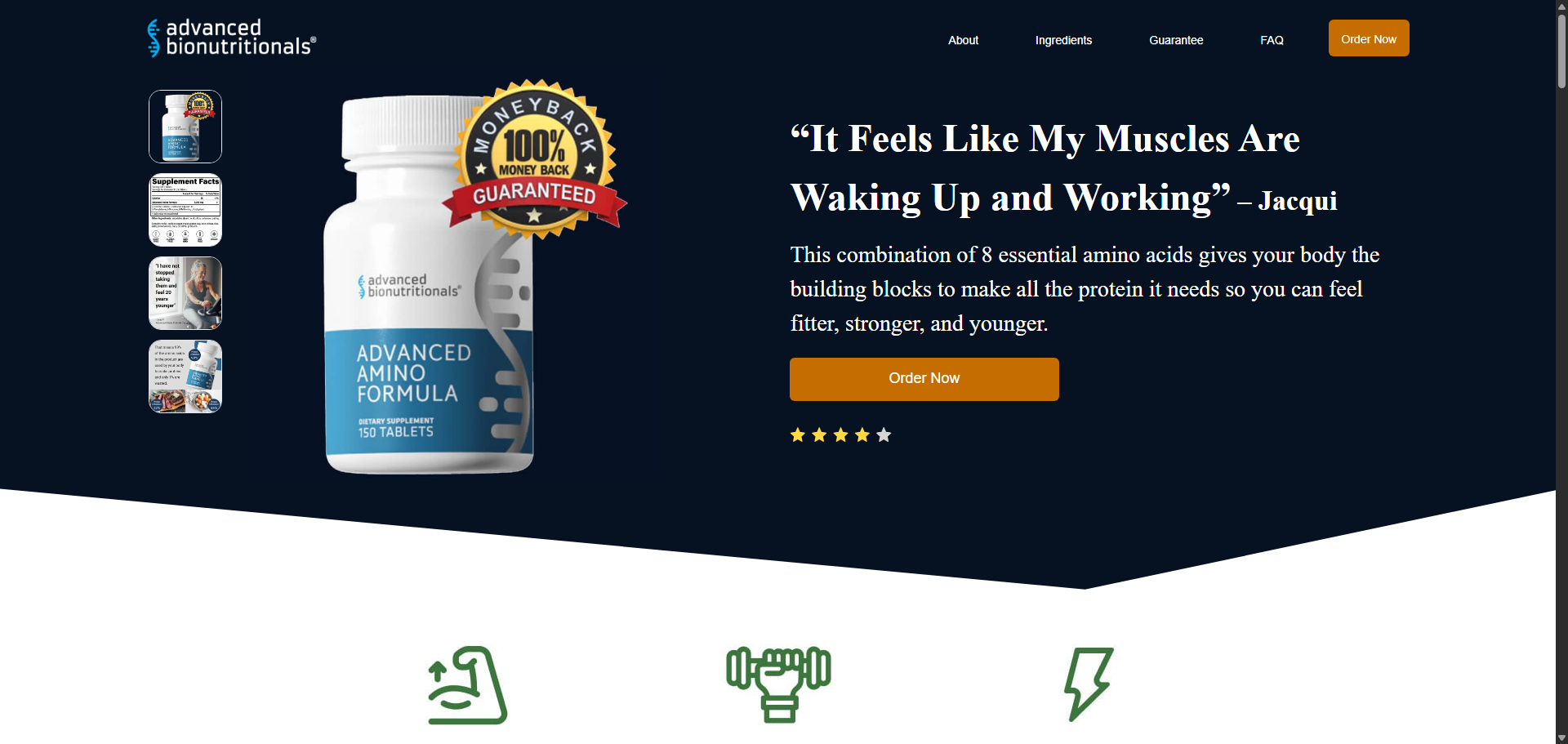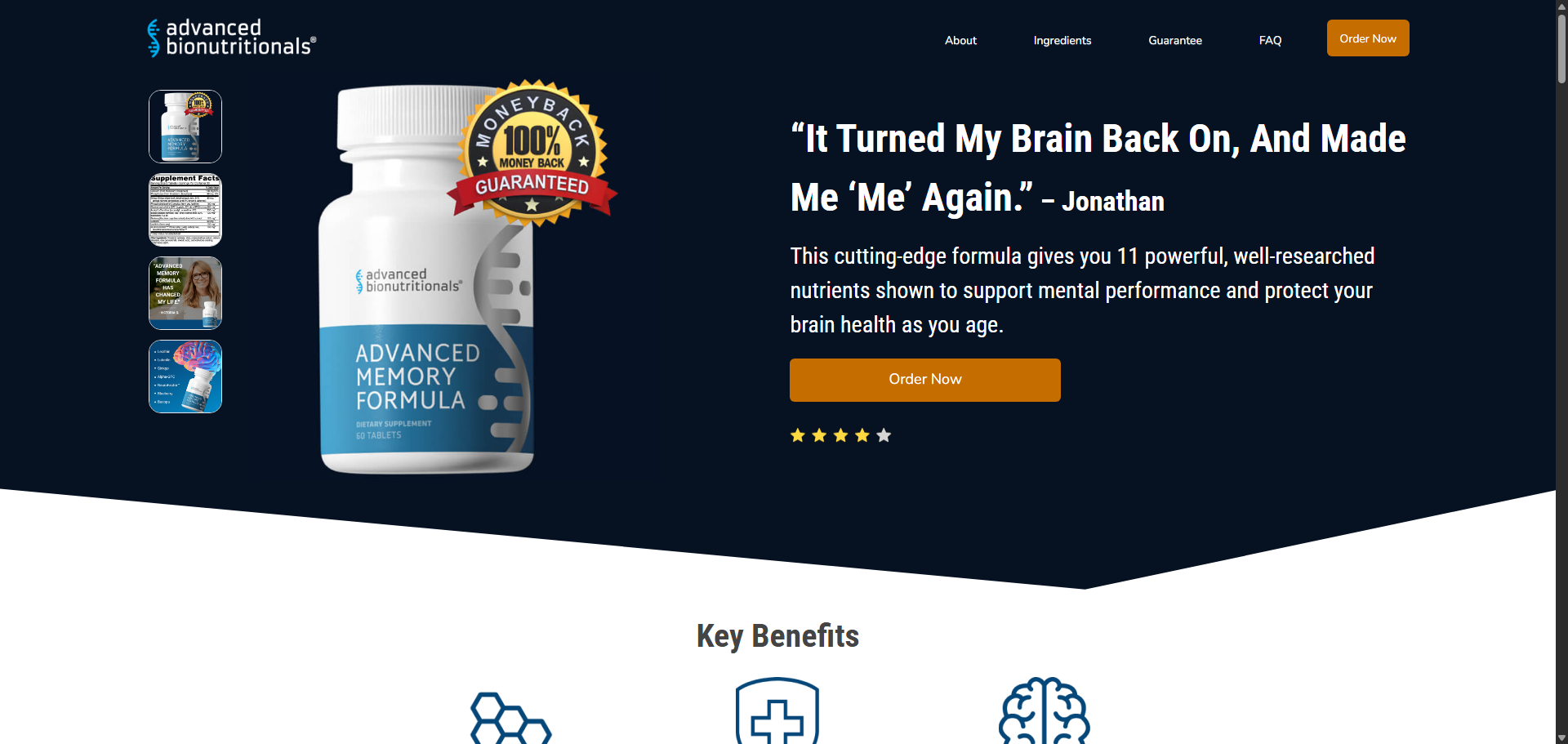When it comes to health, there are countless myths and misconceptions that can lead us astray. It’s important to separate fact from fiction in order to make informed decisions about our well-being. Here are 9 common myths about health that you need to stop believing:
Myth 1: You Need to Detox with Juice Cleanses
 It Feels Like My Muscles Are Waking Up and Working
It Feels Like My Muscles Are Waking Up and Working
While juice cleanses may seem like a quick fix for detoxing your body, the truth is that your liver and kidneys already do a great job of removing toxins from your system. Instead of relying on expensive cleanses, focus on eating a balanced diet rich in fruits and vegetables.
Myth 2: Carbs are Bad for You
Carbohydrates are an important source of energy for your body. The key is to choose complex carbohydrates like whole grains, fruits, and vegetables, rather than simple carbs like white bread and sugary snacks.
Myth 3: All Fats are Unhealthy
Not all fats are created equal. While trans fats and saturated fats should be limited, healthy fats like those found in avocados, nuts, and olive oil are essential for a balanced diet.
Myth 4: You Can’t Exercise If You’re Sick
While it’s important to listen to your body and rest when you’re sick, gentle exercise like walking or yoga can actually help boost your immune system and speed up recovery.
Myth 5: You Should Always Avoid Gluten
Unless you have a diagnosed gluten intolerance or celiac disease, there is no need to avoid gluten. In fact, whole grains that contain gluten can be a nutritious part of a balanced diet.
Myth 6: Supplements Can Replace a Healthy Diet
While supplements can be beneficial for filling in nutrient gaps, they should not be relied upon as a substitute for a healthy diet. It’s important to get essential nutrients from whole foods whenever possible.
Myth 7: You Need to Drink 8 Glasses of Water a Day
While staying hydrated is important, the notion that you need to drink exactly 8 glasses of water a day is a myth. Your water needs can vary based on factors like age, activity level, and climate.
Myth 8: Eating Late at Night Causes Weight Gain
Weight gain is ultimately determined by the total number of calories consumed versus calories burned, not by the timing of your meals. As long as you’re eating within your daily calorie needs, it’s okay to have a snack before bed.
Myth 9: You Can Spot Reduce Fat
Doing endless sit-ups or squats may help strengthen your muscles, but it won’t target fat in specific areas. The key to losing fat is a combination of a balanced diet, regular exercise, and overall calorie deficit.
Conclusion
 It Turned My Brain Back On, And Made Me ‘Me’ Again.
It Turned My Brain Back On, And Made Me ‘Me’ Again.
By debunking these common myths about health, you can take control of your well-being and make informed choices that support a healthy lifestyle. Remember to consult with healthcare professionals and trusted sources for accurate information about your health.

